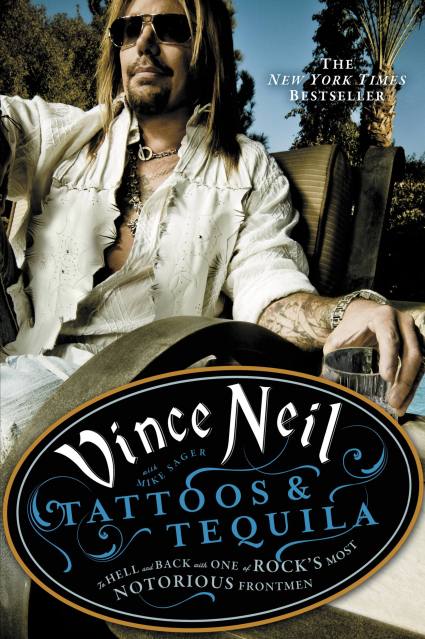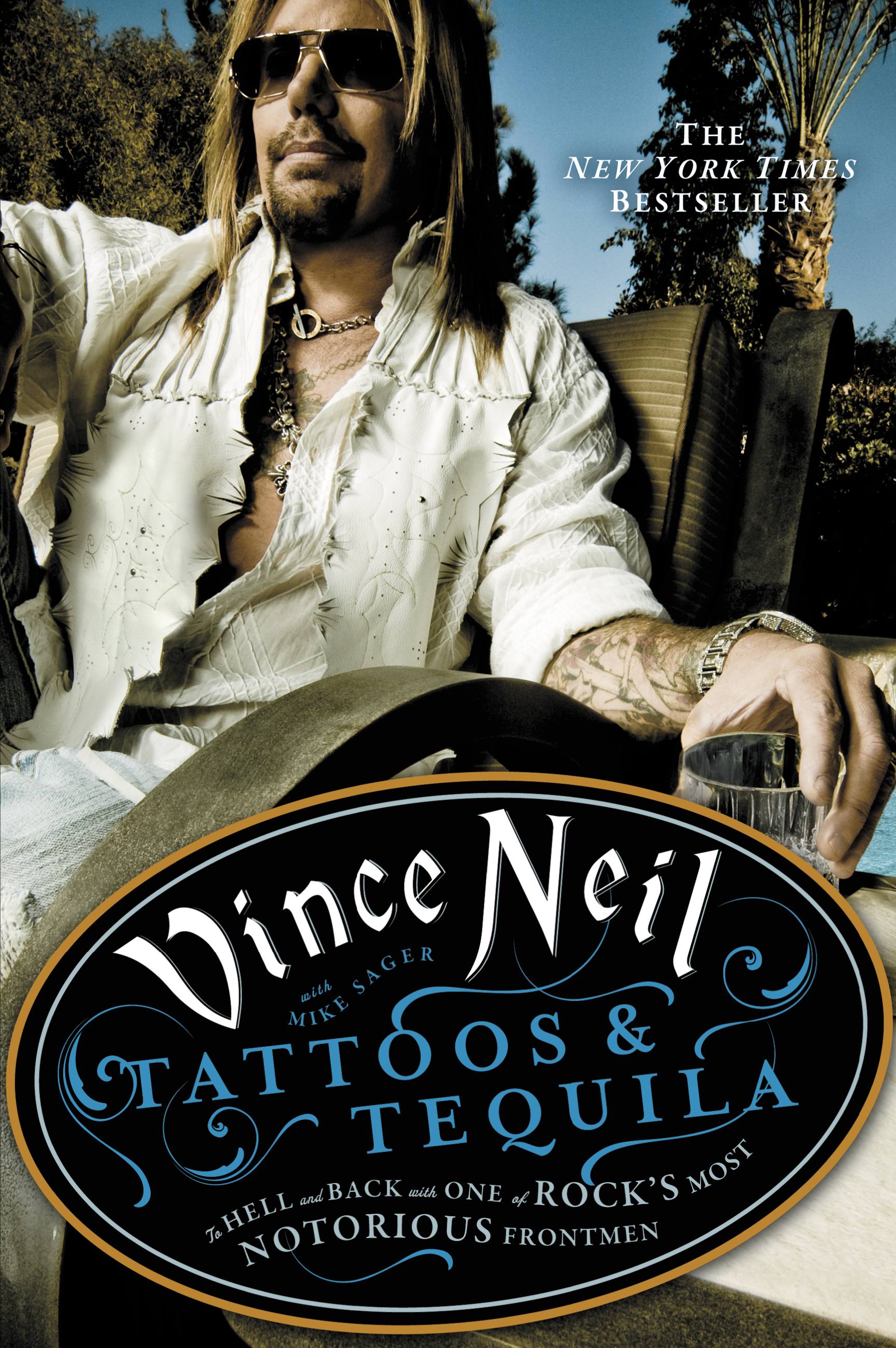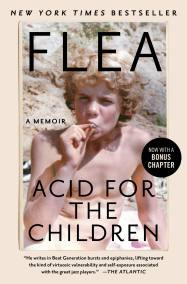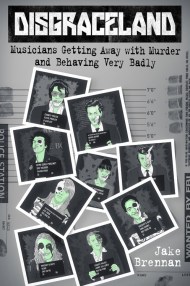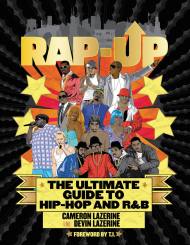By clicking “Accept,” you agree to the use of cookies and similar technologies on your device as set forth in our Cookie Policy and our Privacy Policy. Please note that certain cookies are essential for this website to function properly and do not require user consent to be deployed.
Tattoos & Tequila
To Hell and Back with One of Rock's Most Notorious Frontmen
Contributors
By Vince Neil
With Mike Sager
Formats and Prices
- On Sale
- Sep 23, 2010
- Page Count
- 320 pages
- Publisher
- Grand Central Publishing
- ISBN-13
- 9780446574693
Price
$11.99Price
$14.99 CADFormat
Format:
ebook $11.99 $14.99 CADThis item is a preorder. Your payment method will be charged immediately, and the product is expected to ship on or around September 23, 2010. This date is subject to change due to shipping delays beyond our control.
Buy from Other Retailers:
“So where do we start? I remember when we did The Dirt, the Mötley Crüe book, I was interviewed at The Grand Havana Room in Beverly Hills. A lot of people think I didn’t get to say much in The Dirt. It’s probably true. I didn’t read it. I’m not that big a talker. Some people can f*ckin’ talk … eat up all the oxygen in a room in no time flat. I don’t tend to run my mouth. It’s b*llshit. All those years in rehab and counseling–the talking cure? I can’t say I really got that much out of it. All that cure and I should be cured by now, don’t you think? All this talking…
So forgive me if it’s a bit hard for me to slice open a vein and let my blood run red all over this page for you. I’ll fight you or I’ll f*ck you but chances are I’ll be hard pressed to sit there and talk to you.
War stories. War wounds. I know, I know. Old rock stars fall hard. I’m forty-nine years old. I’m five-foot-nine, 170. The spandex is over. I’ve had three plastic surgeries. Still, who do you think gets laid more, me or you? But time does change a man. I ain’t twenty-one anymore.
It’s a miracle we survived at all. A bottle of Jack Daniel’s and uncooked hot dogs do not make for a particularly well-balanced diet. We are all very lucky we didn’t kill ourselves. It might look like we were trying to do that but speaking for myself, death was never my intent. I just wanted to feel good, you know? I was just looking for that kick, that high…
These days I’ve got businesses to run. I like the action. Something to get your heart pumping. Healthier than a syringe full of cocaine powder like I was doing back in ’81 with my girlfriend Lovey, that’s for sure…
But you got to admit…those days are a lot more fun to talk about…”
So forgive me if it’s a bit hard for me to slice open a vein and let my blood run red all over this page for you. I’ll fight you or I’ll f*ck you but chances are I’ll be hard pressed to sit there and talk to you.
War stories. War wounds. I know, I know. Old rock stars fall hard. I’m forty-nine years old. I’m five-foot-nine, 170. The spandex is over. I’ve had three plastic surgeries. Still, who do you think gets laid more, me or you? But time does change a man. I ain’t twenty-one anymore.
It’s a miracle we survived at all. A bottle of Jack Daniel’s and uncooked hot dogs do not make for a particularly well-balanced diet. We are all very lucky we didn’t kill ourselves. It might look like we were trying to do that but speaking for myself, death was never my intent. I just wanted to feel good, you know? I was just looking for that kick, that high…
These days I’ve got businesses to run. I like the action. Something to get your heart pumping. Healthier than a syringe full of cocaine powder like I was doing back in ’81 with my girlfriend Lovey, that’s for sure…
But you got to admit…those days are a lot more fun to talk about…”
Newsletter Signup
By clicking ‘Sign Up,’ I acknowledge that I have read and agree to Hachette Book Group’s Privacy Policy and Terms of Use
